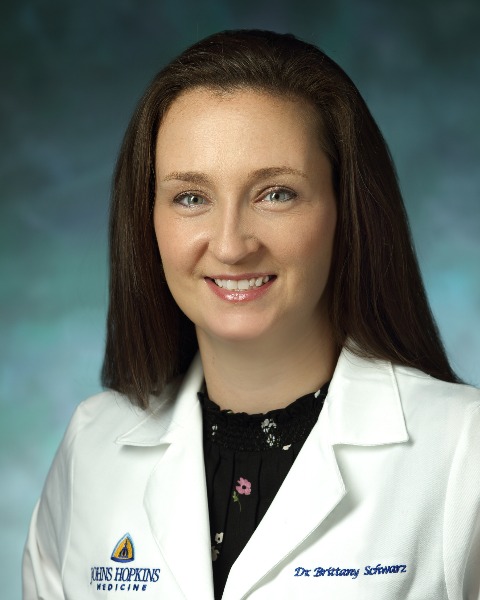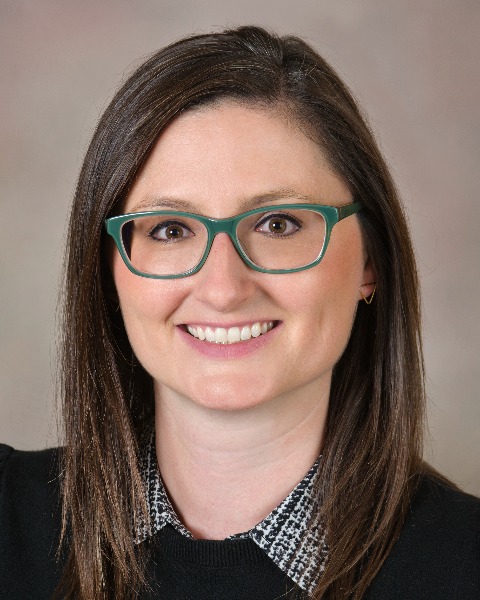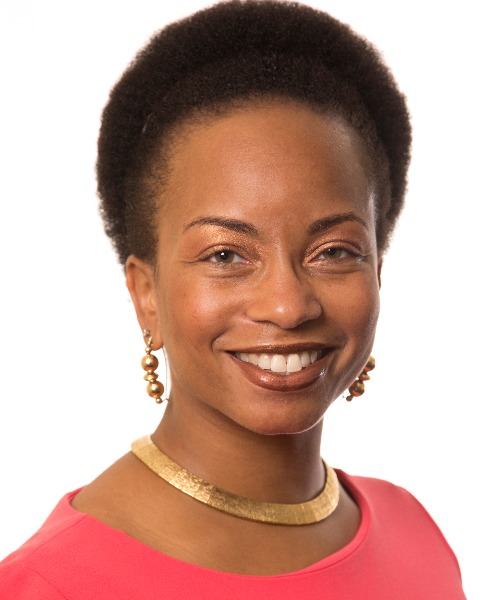Medical Education
Academic and Research Skills
Trainee
Reel 'Em In": Creating an Educator Tackle Box to Help You Teach on the Fly and Engage Learners of All Interests and Levels
-

Brittany Schwarz, MD, MEd (she/her/hers)
Assistant Professor
Johns Hopkins University
BALTIMORE, Maryland, United States -
NA
Nina Alfieri, MD MS (she/her/hers)
Assistant Professor of Pediatrics
Ann & Robert H. Lurie Children's Hospital of Chicago/Northwestern University Feinberg School of Medicine
Chicago, Illinois, United States -
JG
Jessica Goldstein, MD (she/her/hers)
Associate Professor
University of Minnesota
Minneapolis, Minnesota, United States -
PH
Peggy Han, MD (she/her/hers)
Clinical Associate Professor of Pediatrics, Division of Critical Care Medicine
Stanford University School of Medicine
Palo Alto, California, United States -
CL
Catherine Lipman, MD (she/her/hers)
Developmental-behavioral pediatrician
Cleveland Clinic Children's
Shaker Heights, Ohio, United States -
GP
Gabrielle Pina, DO (she/her/hers)
Assistant Clinical professor
Loma Linda University Children's Hospital
Moreno Valley, California, United States -
MQ
Maheen Quadri, MD, MS
Assistant Professor
Pediatrics
Northwestern University The Feinberg School of Medicine
Chicago, Illinois, United States -

Kelsey Richardson, MD, MS (she/her/hers)
Associate Professor of Pediatrics
Oregon Health & Science University
Portland, Oregon, United States -

Tyler Smith, MD, MPH (she/her/hers)
Fellowship Program Director, Associate Dean of DEI, Associate Professor of Pediatrics
Children's Mercy Kansas City and the University of Missouri-Kansas City School of Medicine
Kansas City, Missouri, United States -

Audrey Uong, MD, MSc
Assistant Professor of Pediatrics
Pediatrics
The Children's Hospital at Montefiore
Children's Hospital at Montefiore
New York, New York, United States
Leader(s)
Co-Leader(s)
Workshop
Description: The best teachers appear to teach “on the fly.” In reality, the majority have done some preparation to build a library of teaching pearls, topics and exercises to engage learners in the moment.
Engaging learners can be challenging when the teaching moment does not include contextual information about the topic’s relevance to the learner’s intended future practice of medicine. To address this challenge, attendees will be guided through an exercise to create a matrix table identifying overlap between their specialty and potential future career interests of a learner.
Medical educators strive to create an environment that fosters curiosity among learners. Accomplishing this goal requires effort by the educator to tap into the learner’s interests, attention, and intrinsic motivation. A variety of teaching tools and activities used by experienced educators for “on the fly” teaching will be introduced. Examples include gamification, chalk talk illustrations and case scenario flashcards. In this workshop, attendees will be introduced to Universal Design for Learning principles and consider ways to engage diverse learners at all levels of training and with varying career interests. Attendees will participate in a guided exercise to begin filling their “teaching tackle box” with tools they can take back to their home institution and use to teach “on the fly,” while fostering engagement and making learning relevant and exciting to any learner rotating in pediatrics. Attendees will reflect and share strategies to recognize and celebrate various aspects of learner, patient and community diversity in their teaching design.
Learning Objectives:
- Recognize key universal design principles and how they can guide and enhance teaching strategies for diverse learners.
- Describe practical strategies to engage and connect with general pediatric learners of various levels on general and sub-specialty rotations
- Design an educational tool for a topic relevant to their expertise that can be put into immediate use during teaching interactions with learners
